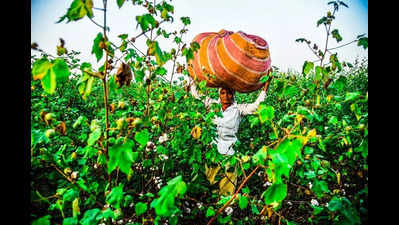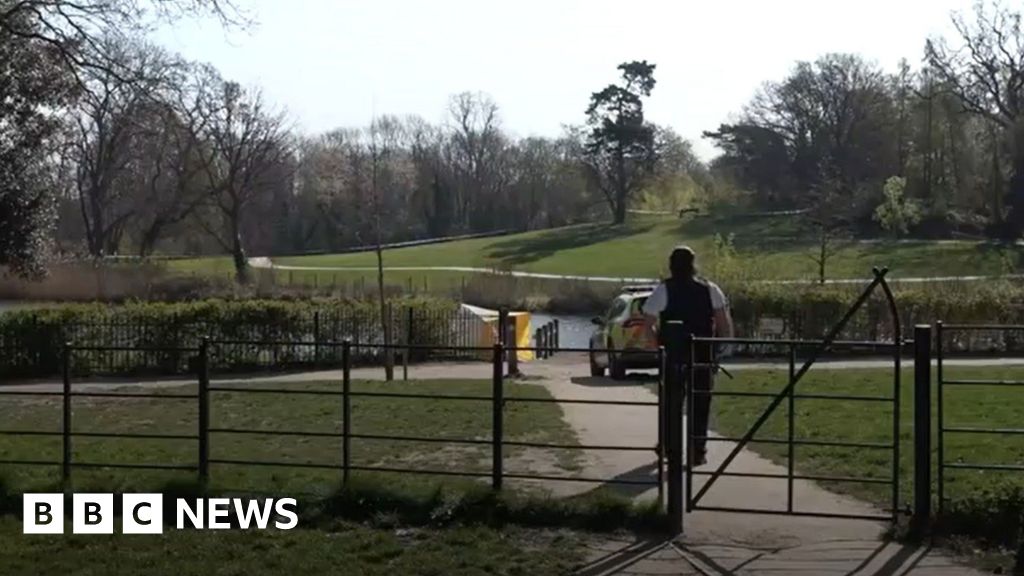Pune: A Manchar-based NGO has collaborated with the district agriculture and animal husbandry departments to provide comprehensive dairy farming training to 250 families in villages in the Ghodnadi River valley, a tribal-dominated region in Ambegaon tehsil , to curb the annual migration of tribal farmers to cities in search of livelihood. Nestled in the dense forests near Bhimashankar Wildlife Sanctuary, these villages sit atop hills, where tribal farmers cultivate paddy during the monsoon. However, with the absence of alternative livelihood options, they are forced to migrate to cities in search of work once the rainy season ends.
"We conducted milk-dairy training for the farmers over the last few days. About 250 families will benefit from this programme. We look to provide them with a sustainable income source to stop their migration to other places," Budhaji Damse, president of Manchar-based NGO Shaswat, said.

The area shows promise for promoting dairy farming as a viable source of income, supported by year-round access to fresh fodder. Besides, veterinary department officials said diseases like mastitis and infertility, common among cross-bred cattle, were comparatively rare in the region. The training programme included awareness about dairying and an animal health camp to understand the behaviour of the cattle.
"In the workshop, we covered the importance of routine deworming in neonate calves. We created awareness about vaccinations against foot and mouth disease and lumpy skin disease for the cattle," Pooja Bomble, livestock development officer of the Ambegaon tehsil, who successfully conducted several such camps in remote regions in the past, told TOI. She said the training programme specifically focused on fodder management.
"We found that the soil in these villages was low on phosphorus, which affected the nutritional value of the fodder. This can have negative impact on cattle health. To address this, we included phosphorus management in our workshop, along with other key aspects, to enhance the farmers' knowledge and improve cattle rearing practices," Bomble said.
Shaswat president Damse said the farmers followed several unscientific practices, leading to cattle deaths because of delayed medical treatments. "We tried to create basic awareness among the farmers on cattle health. We will also try to provide them with financial assistance under various govt schemes to buy cattle and other necessary equipment for the business," he said.
The farmers look to adopt several practices they learnt during the workshop. Shankar Ravate from Panchale village said, "Dairy farming has become a complex business owing to various reasons. Disease control management is the biggest hurdle for us.
The workshop helped us understand certain scientific methods that we will adopt." Raju Lembhe, another farmer, said, "Taking care of calves is difficult for us. Experts provided us with basic, but scientific information in the workshop.
For the last few years, we followed traditional methods, which often went against us." Graphic: Limited Opportunities & Mass Migration Tucked away in the hills of the Dimbhe Dam backwater, approximately 60 tribal villages in Ambegaon struggle with limited income sources Paddy cultivation is their primary livelihood, but the lack of water resources for farming exacerbates their economic woes As a result, mass migration to cities like Pune and Mumbai is a common phenomenon Experts and activists, however, propose dairy farming as a potential solution to break this cycle of poverty By providing an alternative livelihood option, dairy farming can stem the tide of mass migration to cities, foster socio-economic balance within the community and offer a viable means of sustenance, beyond paddy cultivation This initiative aims at empowering the tribal communities, improve their economic prospects, and preserve their rural way of life.
















